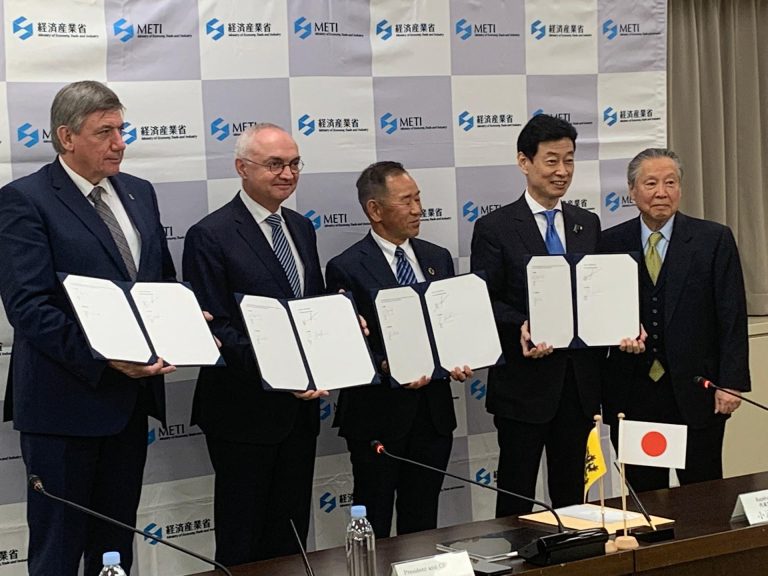This week, the U.S. entered talks with Japan and the Netherlands over slapping restrictions on chip exports to China, just as China’s communist government raised its voice in opposition.
The technological dispute between the U.S. and China appears to be escalating with both sides attempting to one-up the other in the race for semiconductor manufacturing.
Chip exports on hold
Bloomberg reported that Washington came together with Japan and the Netherlands to agree on export control, citing people familiar with the matter.
On Monday, Jake Sullivan, White House national security adviser, confirmed on Monday the talks between the three nations.
“I’m not going to get ahead of any announcements,” he told reporters, adding that, “I will just say that we are very pleased with the candor, the substance and the intensity of the discussions.”
Success
You are now signed up for our newsletter
Success
Check your email to complete sign up
As part of attempts to curb the Chinese Communist Party’s (CCP) technological and military developments, the U.S. government hopes to sever Beijing from semiconductor chips made abroad using U.S. equipment, Reuters wrote.
According to Yasutoshi Nishimura, Trade Minister of Japan, he had spoken with U.S. Commerce Secretary Gina Raimondo on the export control, but did not comment further.
“I cannot go into details as they are diplomatic exchanges, but Japan has been implementing its export control strictly, based on the foreign exchange and foreign trade law in the spirit of international co-operations,” he told reporters.
Though the Dutch foreign ministry declined to comment, Trade Minister Liesje Schreinemacher said on Nov. 25 that the Netherlands were in talks with the U.S over controlling exports to China. However, talks were mired by the fact that the Netherlands still holds onto economic benefits found in China.
In response to the U.S. making control measures on chip exports to China, Beijing on Monday struck back at the sanctions with a dispute, saying that it had to safeguard its “legitimate rights and interests,” the Financial Times reported.
“At a minimum, the case is about China pushing back on how it’s perceived as an unfair actor in the global trading world,” Ben Kostrzewa, expert on U.S.-China trade relations at Hogan Lovells, told the Financial Times.
READ MORE:
- US Imposes Sanctions on China and Russia, Citing Abuses and Corruption
- FTX Founder Bankman-Fried ‘Willing to Testify’ Before US House Panel, Tweet
- US Imposes Sanctions on Turkish Businessman, Citing Links to Iran’s Quds Force
Chip makers within the control
Among the chip makers entrusted to develop manufacturing equipment for advanced chip technology are Japan’s Tokyo Electron Ltd and the Netherlands-based ASML Holding NV.
ASML was already encouraged by the Dutch government to cease shipping its equipment to China in 2019, though the recent talks of export control by the U.S. would drive the effort further. The company said in November that its financial outlook through 2030 would not be affected by sanctions on China, confident that it could sell 15 percent of its order backlog to Chinese customers elsewhere.
On the other hand, Tokyo Electron is said to be unable to respond, given each country’s regulations, a spokesperson for the company said. Its largest market is in China, making up 26 percent of its sales of 1.94 trillion yen (US$14.1 billion) in chip-making equipment.
Advantest Corp, a chip-testing equipment maker in Japan, also has a prominent market in China, with orders of up to 189 billion yen in the country during the previous business year.
Elsewhere, IBM Corp and Rapidus, a recently-formed Japanese chip-making company, announced a partnership on Tuesday that would create more advanced chips by the end of the decade.


















